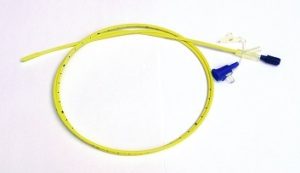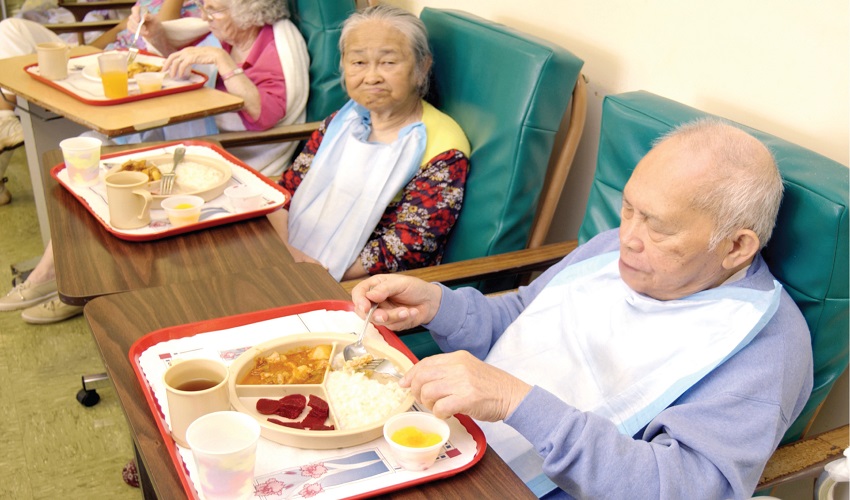As our loved ones age, their appetites may diminish or they may have health conditions that cause difficulty in eating and swallowing food. When this happens it’s important that our loved ones are not malnourished or dehydrated due to a reduced nutrient intake.
Long-term residential facilities like nursing homes are required to provide around-the-clock care for their residents. This includes not just feeding residents, but also monitoring their daily calorie and nutrient intake.
Residents with health conditions like dysphagia have trouble swallowing food and are more likely to aspirate, meaning getting food or liquid breathed into the airway, which may lead to pneumonia. But even in these instances, a feeding tube should only be used as a last resort to prevent malnutrition or dehydration. Initial steps can be taken to help a resident get adequate nutrition. Such steps include:
- Providing a resident with physical therapy to help with swallowing or using utensils
- Providing utensils that are easier to hold and use
- Sitting with the resident and manually feeding the resident

If any of the preliminary steps work and help a resident get the daily calorie intake they need, there is no reason to put a resident on a feeding tube. But many nursing homes, for their own convenience and in order to save on staff expenses, will put residents on feeding tubes even when it’s not absolutely necessary. Remember, a nursing home cannot order the use of a feeding tube without the consent of the resident or the resident’s authorized representative unless other options have been exhausted.
Feeding tubes can be live savers, but they can cause complications which are easily avoidable for residents who can eat well through other means. If your loved one is put on a feeding tube you believe is unnecessary, this may be a form of nursing home abuse. Our Chicago nursing home abuse attorneys are here to help if you or your loved one is in harm’s way. Contact the Dinizulu Law Group, Ltd. at 1 (312) 384-1920 or 1 (800) 693-1LAW or by email.



